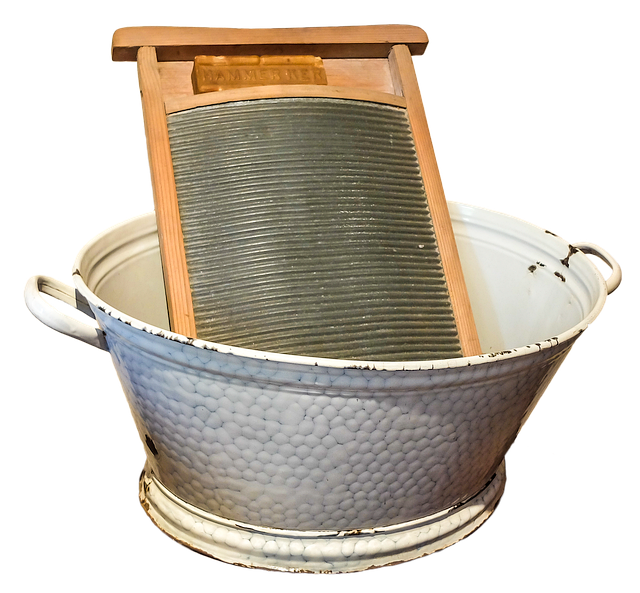There’s something about the custom of women not to engage in labor on Rosh Chodesh that I’ve never really understood. The custom is certainly as authentic as they come: it is, after all, approved by no less an authority than the Jerusalem Talmud (Pesachim 4:1). And I certainly don’t begrudge women some well-earned time off.
Rather, my confusion is about how - or whether - the custom is observed today. Why, for instance, do thousands of kollel wives around the world show up for their jobs each month?
Also, would avoiding, say, laundry loads for one or two days a month actually help, or would it just make things harder when women will have to work that much harder to catch up the next day?
As it turns out, my confusion was the result of ignorance (which should surprise exactly no one). Sure, I’d seen the Jerusalem Talmud, but I’d missed the Tur (Orech Chaim 417). The Tur quoted a Gemara in Megila 22b:
ושאין בו ביטול מלאכה לעם כגון ראשי חדשים וחולו של מועד קורין ד
“…and on those (days) where (spending extra time in shul) won’t get in the way of people’s jobs - like Rosh Chodesh and Chol Hamoed - we call four aliyos (as part of keriyas haTorah - rather than the normal three).”
There would seem to be an obvious problem with this Gemara. Given that there’s no prohibition against working on Rosh Chodesh, why would the day be characterized as “שאין בו ביטול מלאכה”? Instead, wrote the Tur, we must assume that the Gemara is referring to the custom of women not working.
But what does that have to do with adding an aliya during davening? It’s not like women would have gone to shul on the average Rosh Chodesh morning at any point in our history.
To address this, the Bach adds some important context about the custom. There’s no prohibition forbidding women from working. Instead, husbands can’t require anything of their wives on Rosh Chodesh. The women, therefore, get to choose what work they’ll do and what they’ll skip.
So why add the extra aliya? That, according to the Bach, is to remind husbands that they can’t demand work from their wives once they do get home after davening.





That’s interesting. I started learning about women and Rosh Chodesh almost a year ago-12 months, 12 R’Ch but not a year.
This is very interesting.
What I have gleaned is about symbolism, etc.
But this is a very interesting perspective.
Thank you.